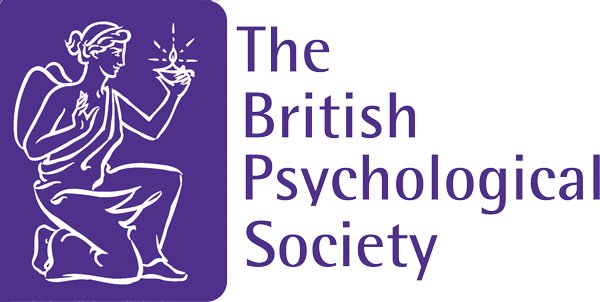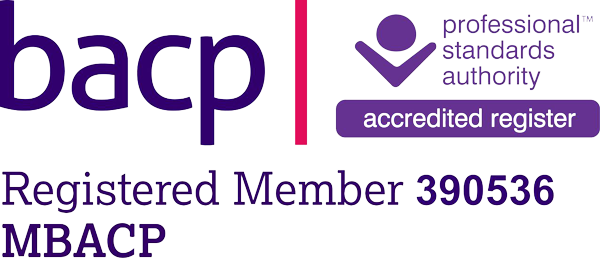Therapy Groups
Led by Urszula Kruczkowska
Online Therapy for Children and Adolescents
Online Therapy

Cognitive Behavioral Therapy (CBT)
Led by Urszula Kruczkowska
A child may need therapy if they experience:
- repeated displays of defiant behavior;
- problems in different areas of life, such as family, relationships, or academics;
- excessive worry;
- persistent sadness;
- low energy levels;
- a lack of motivation;
- changes in appetite;
- a sudden change or loss of interest in previously valued hobbies or interests;
- thoughts of self-harm;
- social withdrawal;
- sleep pattern changes.
We are proud to offer private and confidential CBT therapy and counseling for Children and Teenagers suffering from emotional and behavioral difficulties. We help children and young people to make sense of sad, angry, and painful feelings and thoughts.
Who it is for?
Child therapist works with individual children. Parent support sessions are offered alongside a child’s therapy. Parental involvement in therapy will depend on your child’s treatment goals and needs. In therapy, kids talk and learn how to work out their problems. Going to therapy helps them cope better, communicate better, and do better.
Issues we can help with:
- anxiety including social anxiety;
- depression;
- behavior difficulties;
- childhood trauma;
- attention deficit hyperactivity disorder;
- low self-esteem;
- self-harm;
- eating disorder;
- fears and phobias.
Therapy sessions
We start with an assessment to get a picture of the issues and to make a treatment plan. Individual therapy sessions with a child last for 50 minutes. Family meetings are 1 to 1.5 hours.
Using child-friendly therapy techniques including games, activities, talking, and listening, the therapist will uncover how your child is feeling, the underlying causes and triggers of their problems, and develop strategies to feel better. By learning coping skills and management techniques your child can channel their emotions in more productive ways.
Types of therapy used with Children and Young People
Cognitive Behavioral Therapy help kids to learn and understand their thought patterns and how they contribute to their situation. More importantly, they learn how to change those patterns in order to create healthier thinking and behaviors. CBT is an evidence-based therapy that is more structured than talk therapy. Kids are given activities and assignments that they come back and talk about.
Children with social anxiety and phobias might be gradually exposed to thoughts, experiences, objects, and situations that trigger anxiety and fear.
COST:
Please contact us for a quote.
Acceptance and commitment therapy
Acceptance and commitment

Acceptance and Commitment Therapy (ACT)
Led by Urszula Kruczkowska
What difficulties can be helped by ACT?
- anxiety;
- depression;
- eating disorder;
- obsessive-compulsive disorder;
- stress;
- addictions;
- substance abuse.
Acceptance and commitment therapy (ACT) is it is a type of therapy that aims to help patients accept what is out of their control, and commit instead to actions that enrich their lives (Harris, 2013). Obsessing, worrying, and playing things over and over keep individuals stuck. In this sense, asking why can leave you helpless. ACT invites you to accept reality and work with what you have.
How does ACT work?
ACT develops psychological flexibility and is a form of behavioral therapy that combines mindfulness skills with the practice of self-acceptance.
ACT guides patients through therapy and provides a framework for developing psychological flexibility (Harris, 2011). These six core processes of ACT include the following:
- Acceptance – this means allowing your inner thoughts and feelings to occur without trying to change them or ignore them.
- Cognitive defusion – refers to the techniques intended to change how an individual reacts to their thoughts and feelings. This technique allows us to face unpleasant thoughts rather than avoid them.
- Being present – ACT encourages you to stay mindful of your surroundings and learn to shift your attention away from internal thoughts and feelings.
- Self as context – this involves learning to see your thoughts about yourself as separate from your actions.
- Values – these are the areas of your life that are important enough to you to motivate action.
- Committed action – this process involves changing your behavior based on principles covered in therapy.
During ACT, your therapist will help you learn how to practice acceptance and cognitive defusion, or they may teach you how to distance yourself from your thoughts and feelings. Sessions can also include mindfulness exercises to gain more awareness of thoughts, and feelings that you have otherwise avoided.
Your therapist may also help highlight moments when your actions didn’t fit your values while helping you understand which behaviors would fit.
COST:
Please contact us for a quote.
Compassion Focused Therapy
Compassion Focused Therapy

Compassion Focused Therapy (CFT)
Led by Urszula Kruczkowska
What difficulties can be helped by CFT?
CFT has been shown to effectively treat long-term emotional problems including anxiety disorders, mood disorders, trauma, personality disorders, eating disorders, hoarding disorder, and psychosis by addressing patterns of shame and self-criticism.
Compassion-Focused Therapy (CFT) helps those who struggle with the shame and self-criticism that can result from early experiences of abuse, neglect, or trauma. The core component is to develop a compassionate mind that can help people alleviate their suffering. CFT uses techniques similar to Mindfulness-Based Cognitive Behavioural Therapy.
How does CFT work?
CFT use guided exercises to develop compassionate attributes of compassionate motivation, sensitivity, distress tolerance, empathy, non-judging, and non-condemning.
During therapy, your therapist educates you about the three emotion regulation systems (threat and self-protection; drive and excitement; soothing and social safety. Some methods include:
- Mindfulness: teaching you how to be more at the moment in a non-judgmental and neutral way.
- Compassion-focused imagery: imagining scenarios to stimulate the soothing system and develop care and empathy.
- Relaxation techniques: learning breathing exercises and body scans.
- Addressing self-attack: exploring the roots of self-critical or shameful thoughts, describing how these thoughts make you feel, and learning how to change negative thinking patterns.
Practice: The Compassionate Break by Kristin Neff
COST:
Please contact us for a quote.
Building Body Acceptance
Building Body Acceptance

Body Dysmorphic Disorder (BDD)
Led by Urszula Kruczkowska
You might have body dysmorphic disorder (BDD) if you:
- worry a lot about a specific area of your body (particularly your face),
- spend a lot of time comparing your looks with other people’s,
- look at yourself in mirrors a lot or avoid mirrors altogether,
- go to a lot of effort to conceal flaws – for example, by spending a long time combing your hair, applying make-up, or choosing clothes.
We designed a 6-week online group program to develop skills to manage anxiety around body image and appearance, including Body Dysmorphic Disorder (BDD). We will help you learn what triggers your symptoms and teach you different ways of thinking about and dealing with your habits.
The course follows a Cognitive Behavioral Therapy (CBT) framework to support you to better understand your appearance-based anxiety and work on practical ways to improve the way you relate to your body. CBT for treating BDD will usually include a technique known as Exposure and Response Prevention (ERP). This involves gradually facing situations that would normally make you think obsessively about your appearance and feel anxious
COST:
Please contact us for a quote.
Mental health issues that you may bring to your therapy
If you have questions or doubts, read this.





